Blog
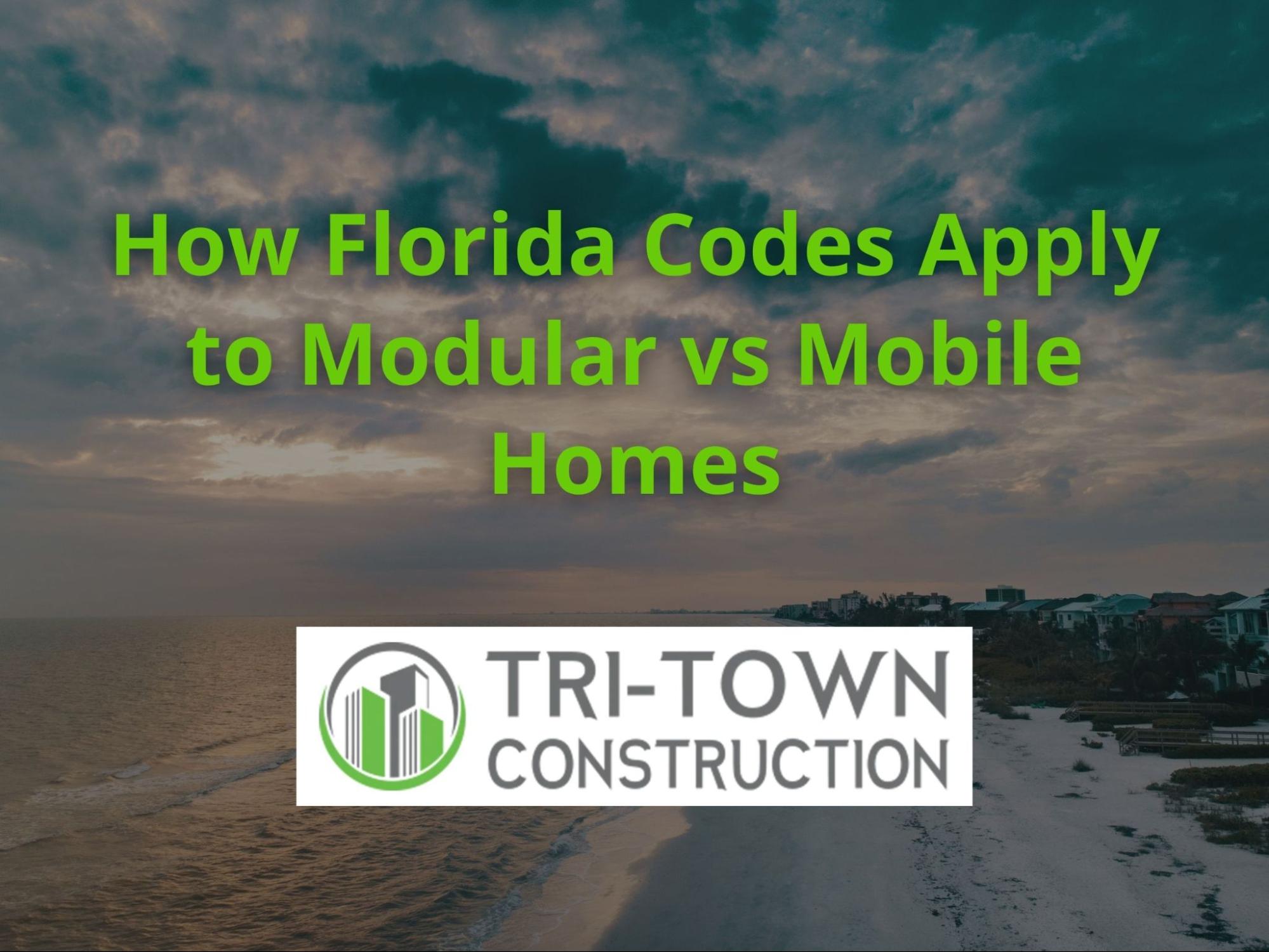
Florida Codes for Modular Homes vs Mobile Homes
Modular homes in Florida must follow the Florida Building Code (FBC), not HUD Code like mobile homes. They require state and local approvals, wind and flood compliance, energy certifications, and
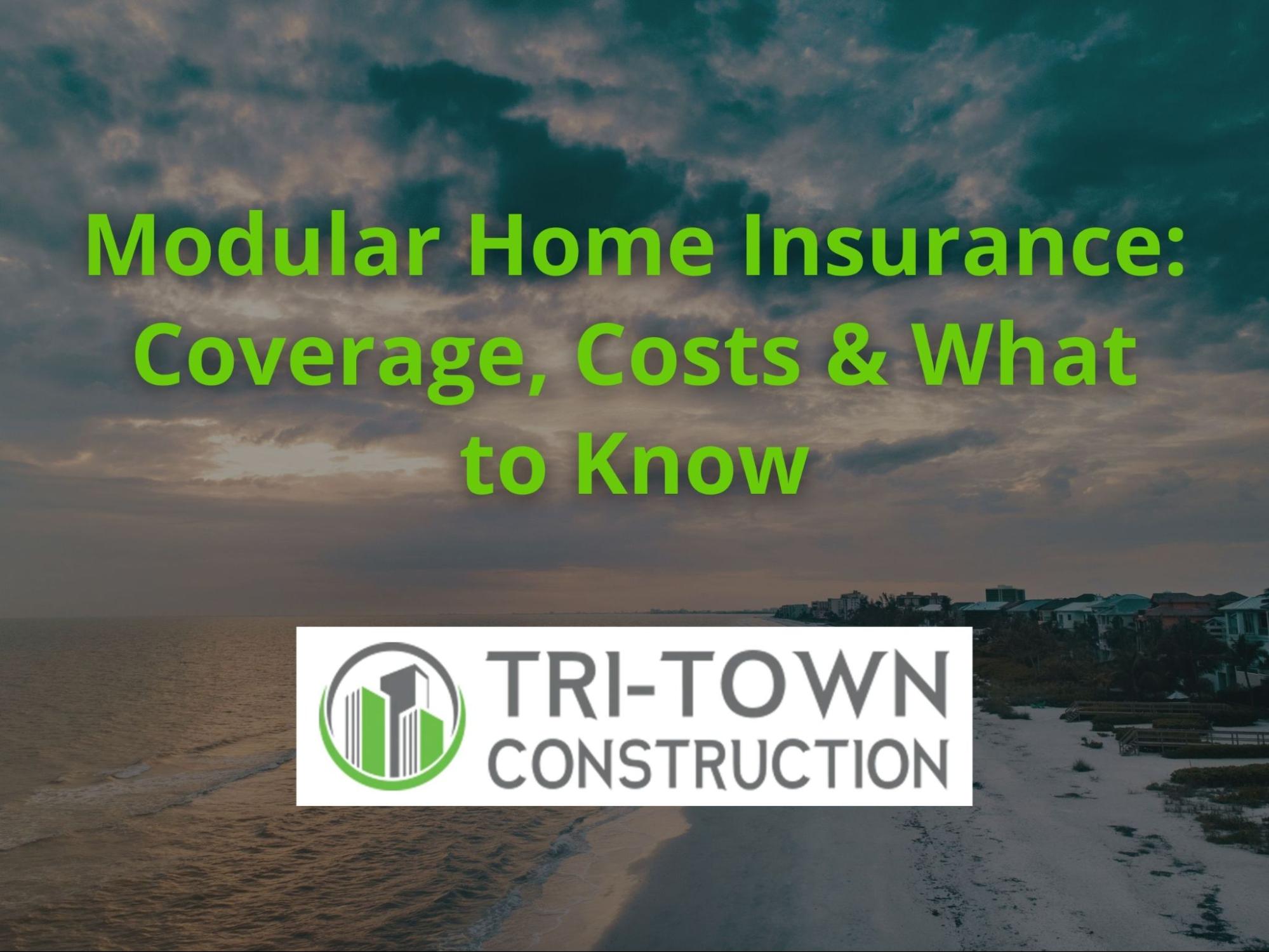
Modular Home Insurance Explained | Coverage & Cost Factors
Modular homes are usually insured with standard HO-3 homeowners policies, just like site-built homes, because they meet local building codes and are installed on permanent foundations. How Insurance for Modular
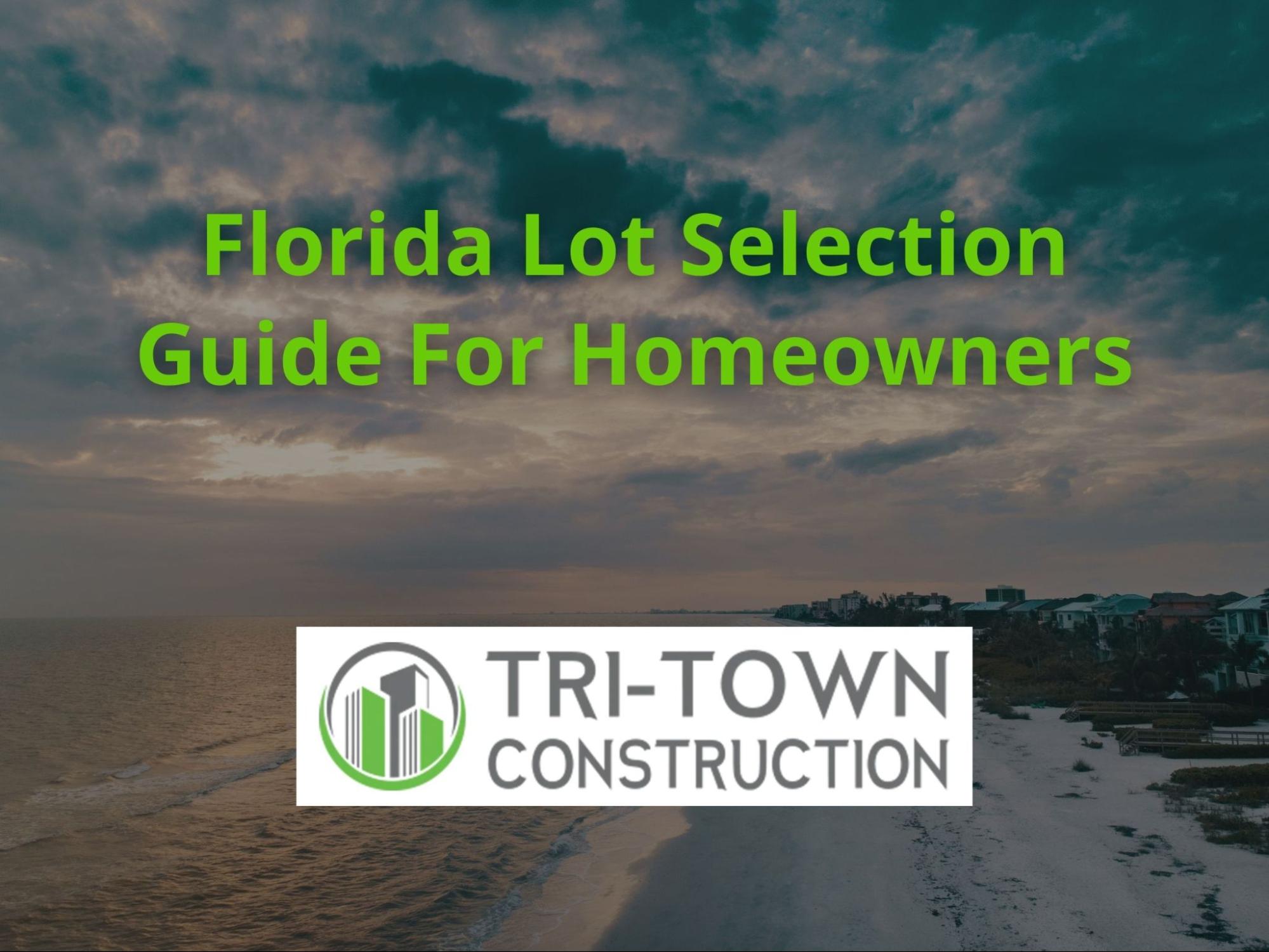
How to Choose the Right Lot in Florida
A buildable Florida lot must be in the right zone, have proper elevation, access to utilities, and no hidden setbacks or environmental restrictions. If it checks all these boxes, it’s
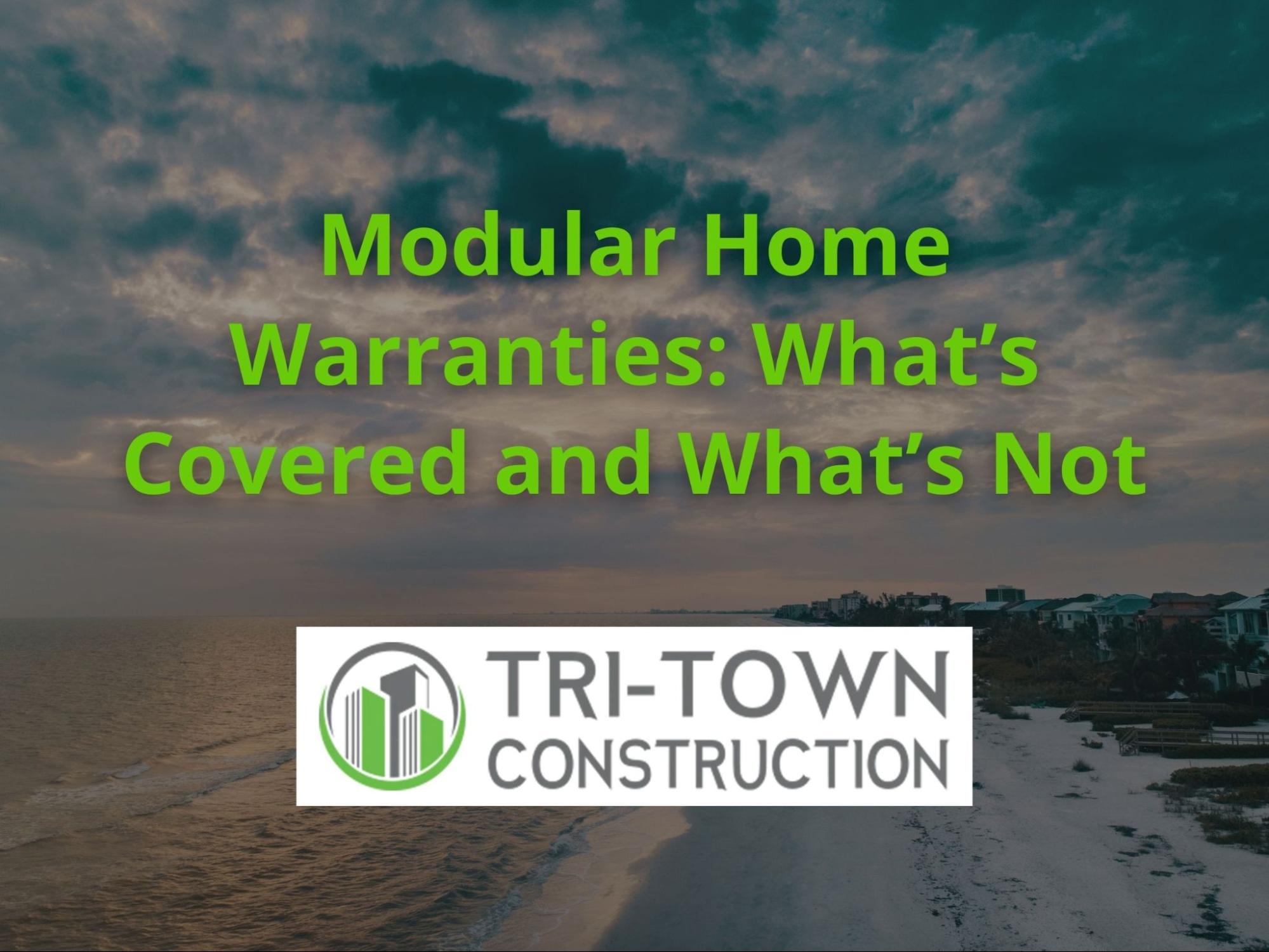
Modular Home Warranty Coverage Guide | What to Know
Modular home warranties typically cover 1-year workmanship, 2-year systems, and 10-year structural components, but often exclude cosmetic flaws, moisture, storm damage, and anything caused by improper maintenance or unapproved repairs.
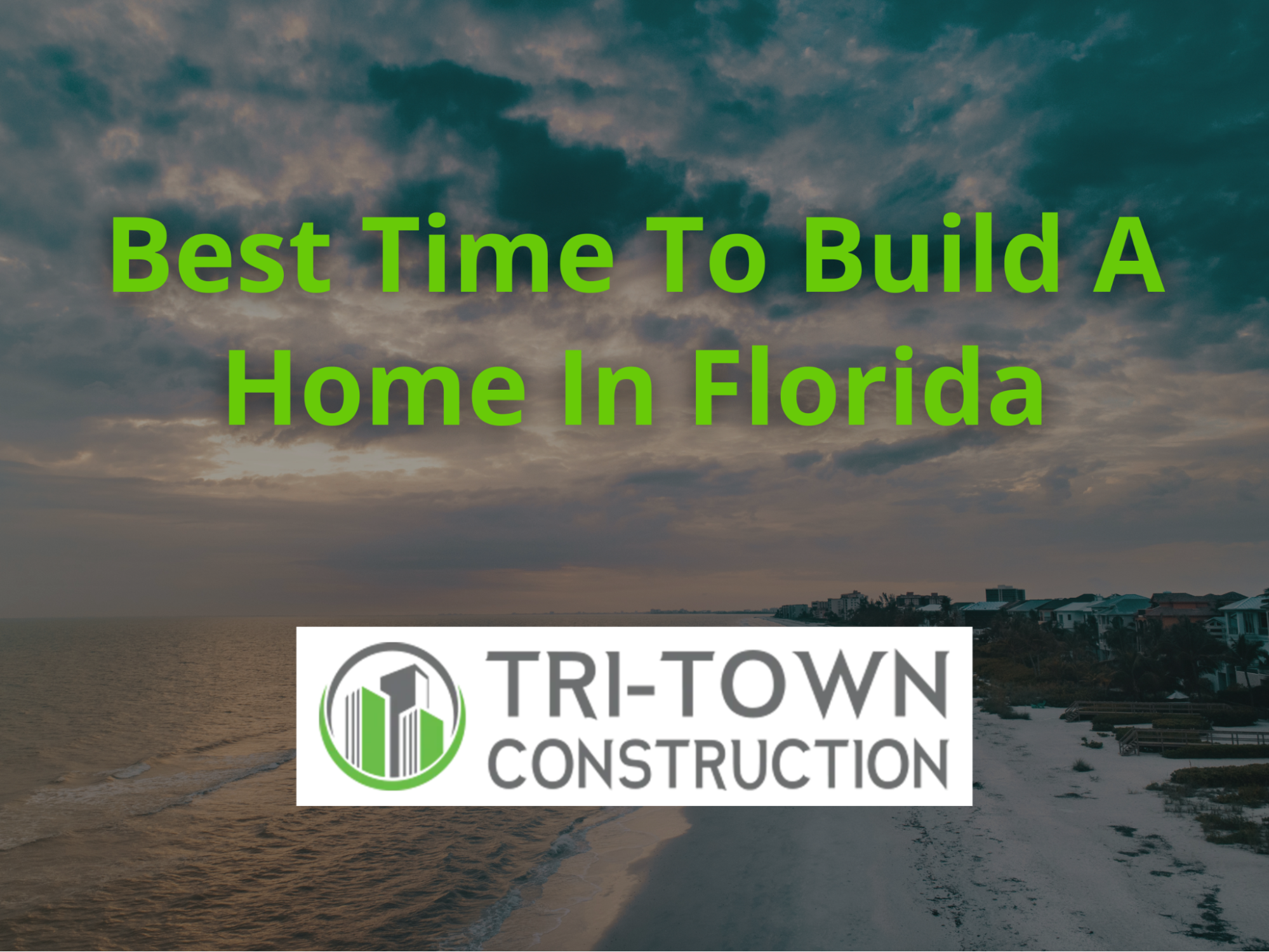
The Best Time To Build A Home In Florida
The best time to build a home in Florida is fall and winter, when cooler temperatures, lower humidity, and fewer storms allow smoother progress, faster permits, and greater contractor availability
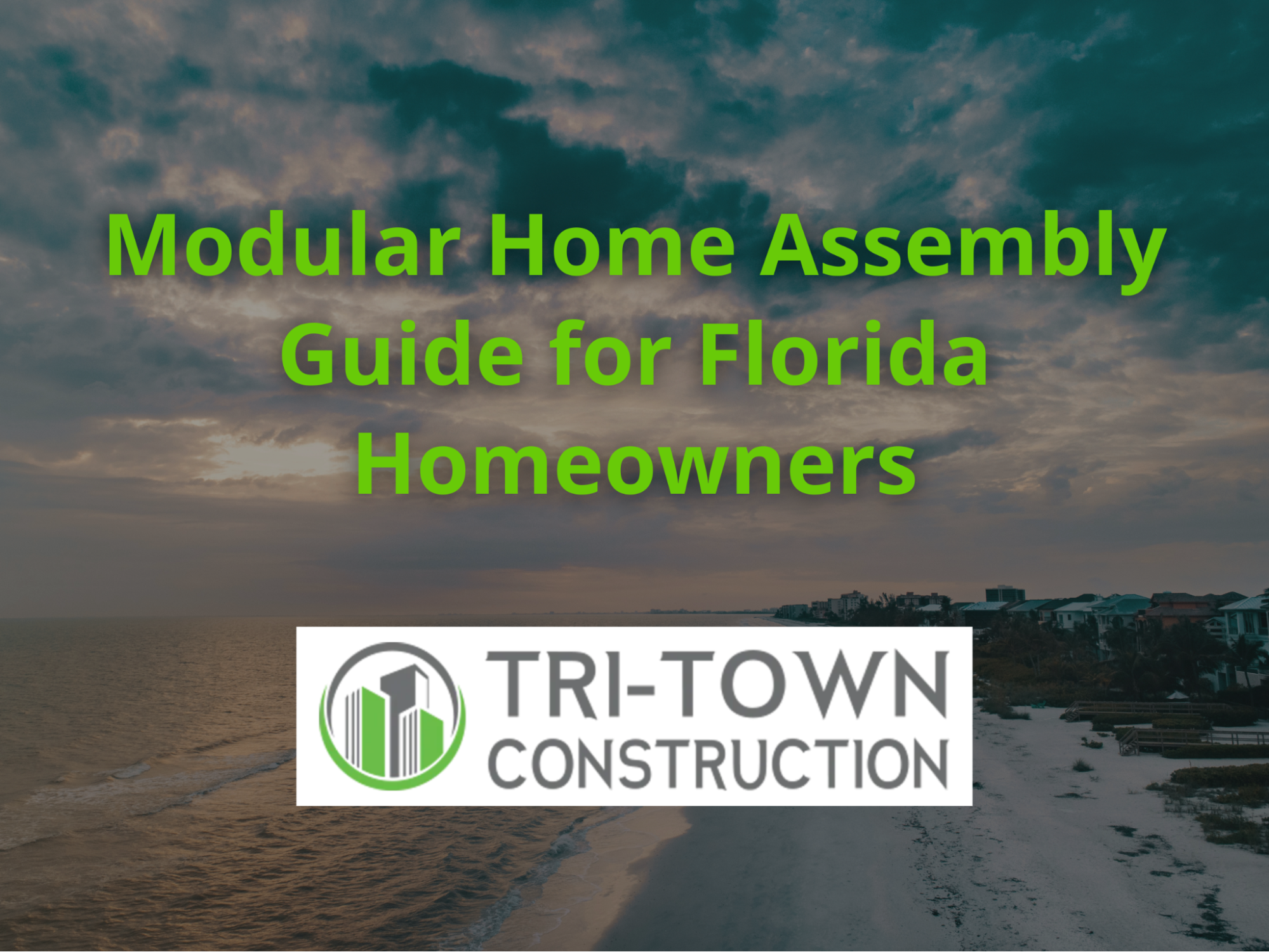
Modular Home Assembly Guide for Florida Homeowners
Modular homes are built in factory sections and assembled on-site in days, not months. They offer speed, durability, and custom design while meeting the same building codes as traditional homes.
